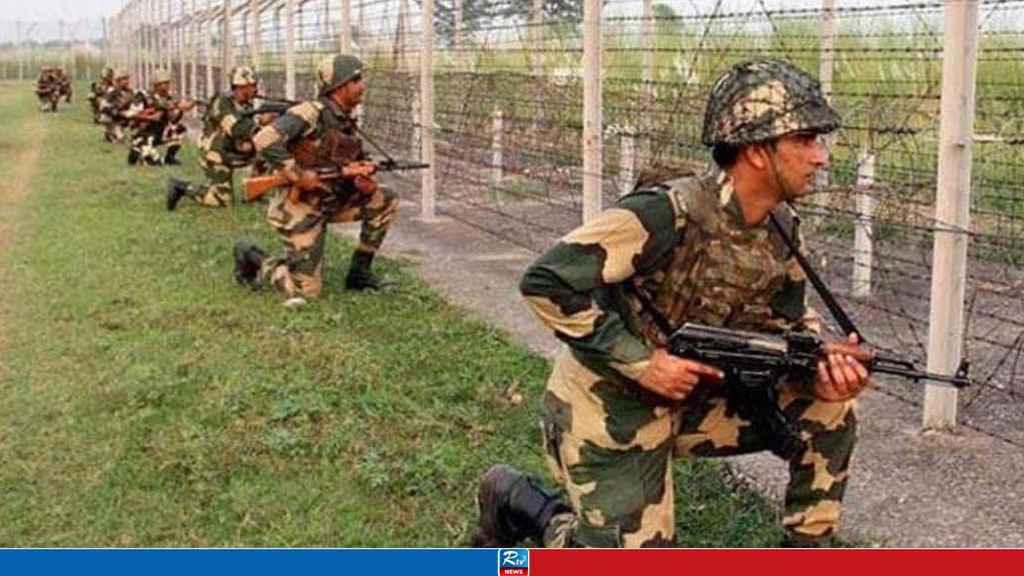International
Kashmir Attack Sparks Tension; India Tightens Vigil Along Bangladesh Border
Thursday, 01 May 2025 , 06:21 PM

Relations between India and Pakistan have sharply deteriorated following a recent terrorist attack in Pahalgam, located in India-administered Jammu and Kashmir.
In the aftermath of the incident, both countries have taken a series of defensive measures, accompanied by mutual accusations and threats, pushing regional tensions to new heights. Cross-border firing along the Line of Control (LoC) has already occurred several times in recent days.
Amid the rising tension, India has not only heightened alertness along its border with Pakistan but also reinforced security along the frontiers with Bangladesh and Myanmar. According to a report by India Today published on May 1, Indian intelligence sources have warned of potential instability in border regions, prompting intensified surveillance along the eastern corridors.
The report claims that recent violence in West Bengal’s Murshidabad district—particularly during protests against Waqf laws—was influenced by cross-border elements. At least three people were killed and over a hundred injured in the clashes.
Central intelligence agencies have reportedly submitted findings to the federal government suggesting that Bangladeshi infiltrators may have incited the unrest.
In response, the Indian Border Security Force (BSF) has increased patrols and surveillance along the entire Bangladesh frontier. Intelligence agencies have expressed concerns about possible infiltration or subversive attempts using the eastern border.
Meanwhile, Islamabad is reportedly alarmed by India’s potential military response to the Pahalgam attack. Pakistan has begun deploying troops to border areas and has placed its navy on high alert.
Adding to the concerns, Pakistan’s Information Minister Ataullah Tarar stated on Tuesday that they had received “credible intelligence” suggesting India might launch a limited military operation within the next 24 to 36 hours.
The previous day, Indian Prime Minister Narendra Modi held a high-level meeting with the chiefs of the Army, Navy, and Air Force, during which he granted them full operational freedom to respond to security threats.
New Delhi is now closely monitoring both its northwestern and eastern borders, with increased deployment of military and paramilitary forces to counter any emerging threats.
